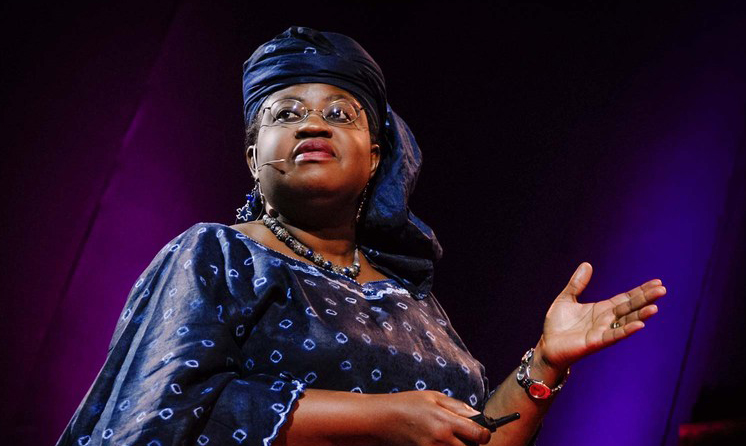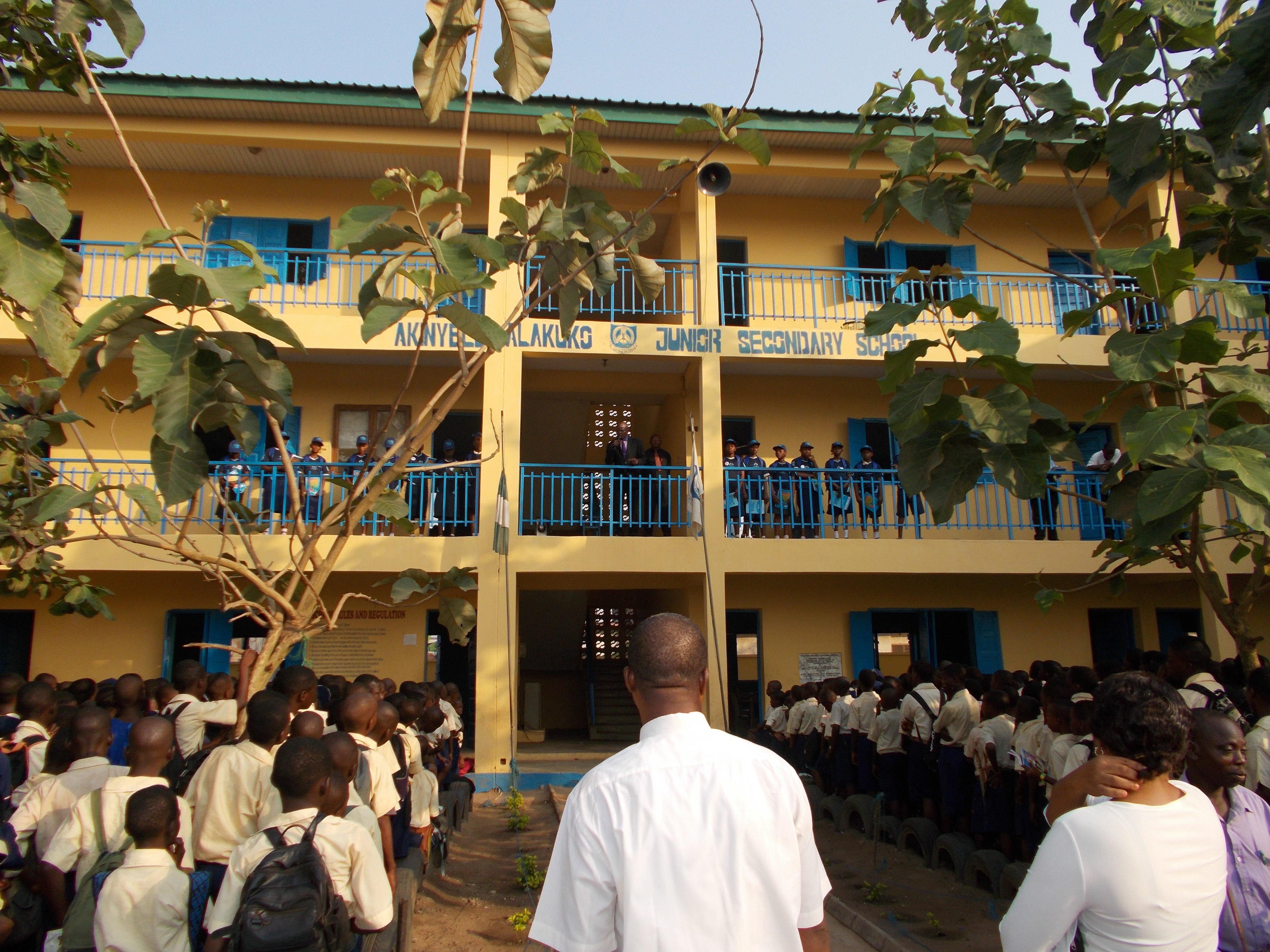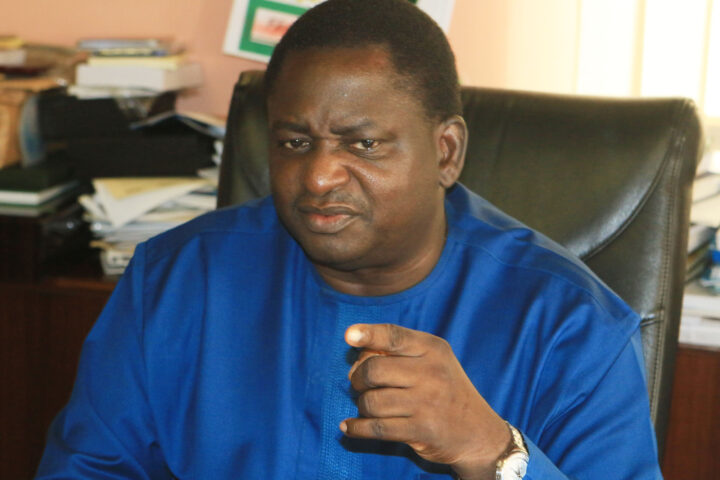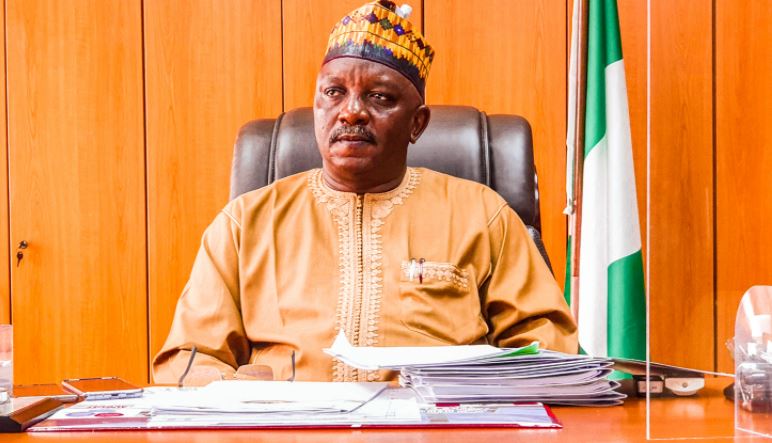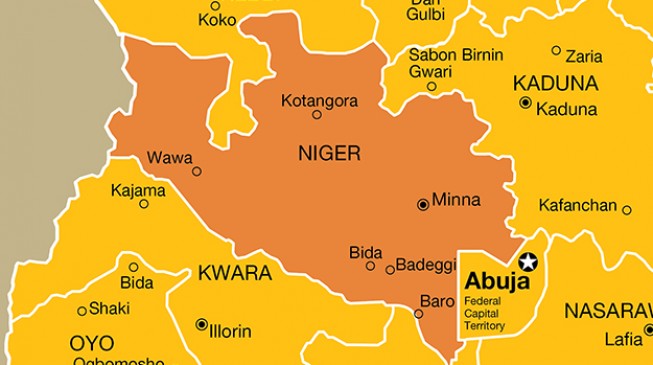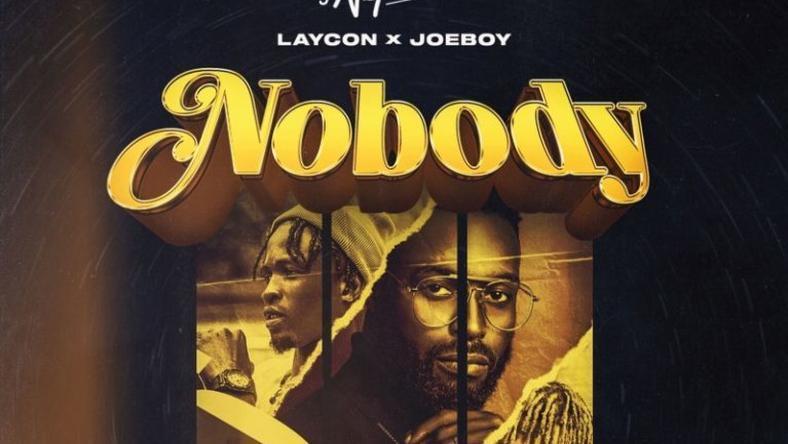Ngozi Okonjo-Iweala was set to be named the next the director-general of the World Trade Organisation (WTO) on Wednesday — until the United States happened.
Okonjo-Iweala had got the support of 110 out of 164 member countries, including Japan, AU, EU, the Caribbean, and a majority in Latin America.
The panel of three set up to decide who becomes the next WTO DG had picked the former Nigerian minister as the one with the best chance of getting a consensus.
However, the United States does not support the Harvard-trained development economist, who has lived and worked in the country for more than three decades.
Advertisement
As it stands, US is the only country opposing her appointment.
Despite Okonjo-Iweala’s status as a US citizen, the country backed South Korea’s Yoo Myung-hee.
According to Bloomberg, China has no problems with the WTO selection process.
Advertisement
But with the US opposition to Okonjo-Iweala, what happens next?
WTO: THE ALL OR NOTHING CONSENSUS
Okonjo-Iweala had 110 votes and was selected by the panel of three ambassadors. Is that not a win?
It is a win, but not the absolute win. The WTO is a consensus-based system. Every member has to agree before a final decision can be made.
If any country opposes a WTO decision, despite the majority vote, the decision will not stand immediately.
Advertisement
That means another round of intrigues before a final vote is taken on the basis of “one country, one vote”.
But it is not that simple: it is problematic when the country in opposition is the almighty US — the economic and trade powerhouse of the world.
Theoretically, if the US agrees to Okonjo-Iweala taking the role, and any country, for example Afghanistan, does not agree, there would likely be another extension for the issues to be resolved and a consensus attained.
The WTO is an all or nothing organisation — everyone is on board or no one can move forward.
Advertisement
ENTER US ELECTION
The next meeting of the WTO highest decision-making body, the general council, has been fixed for November 9, 2020 — about a week after the US election.
If incumbent President Donald Trump wins, the WTO will have to get his administration’s nod on Okonjo-Iweala’s side before she can be named DG.
Advertisement
A Joe Biden win likely means a different course of action, which could also delay her selection till he is inaugurated in January 2021.
Foreign policy experts in the US believe Biden will take a different posture from what Trump is currently playing out on trade.
Advertisement
Charles Shapiro, president of the World Affairs Council of Atlanta and a senior lecturer at the Robinson College of Business at Georgia State University, said in a foreign press briefing that Trump has “a real preference for bilateral relations over multilateral agreements, whether that’s NATO or the World Health Organization, or the World Trade Organization”.
He added that “if Trump is re-elected, clearly, it’s not going to, that’s how Biden is trying to draw a distinction between himself and President Trump”.
Advertisement
Rickey Bevington, EMMY award-wing correspondent for Georgia Public Radio, has also expressed how important trade is to an average American, suggesting that Trump and Biden are taking different routes on trade issues, especially as it concerns China.
“When American voters think about foreign policy, I would say two big things, very likely come to mind, war and trade,” she said at a foreign press briefing.
“I think that one thing can be certain, which is that Biden will seek to distinguish himself from Trump’s, at least public talking points about China”.
If the US does not come on board as soon as possible, the selection may be delayed for weeks or months — defeating the purpose of the expedited selection process.
WHAT HAPPENS NEXT?
This is unprecedented in the history of the WTO and these are uncharted territories. The future is a little dicey, but a few things are possible.
The organisation says “where consensus is not possible, the WTO agreement allows for voting — a vote being won with a majority of the votes cast and on the basis of ‘one country, one vote’.”
If that is the last resort, the US may back Okonjo-Iweala to avoid the ridicule of losing such a vote — or hold its position, which would defeat the purpose of the organisation’s consensus-based system.
This will strain trade and diplomatic relationships among member countries.
It will also make it near-impossible to fix the trade tensions between the major players — US and China.
Add a comment

